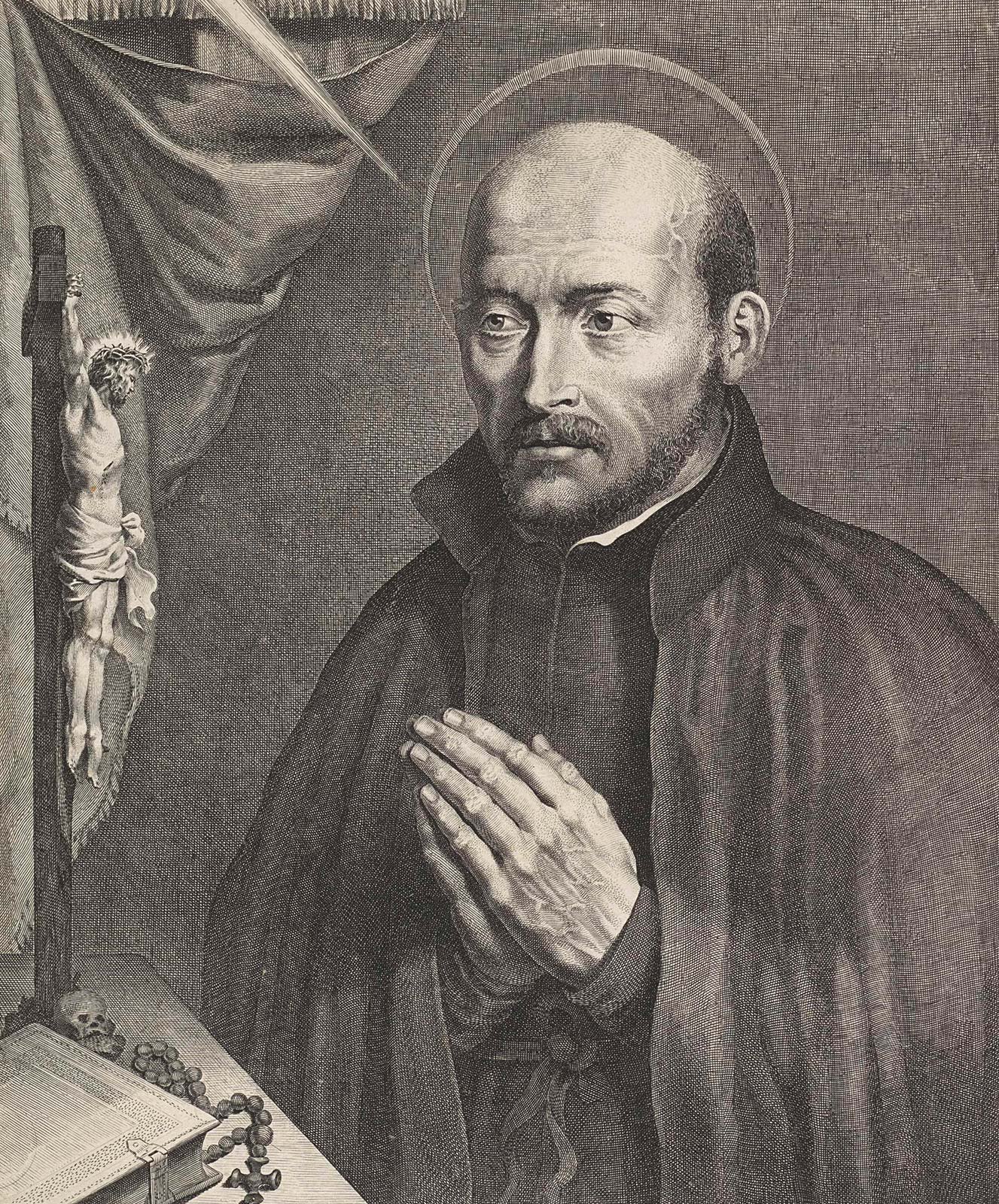Last date for submitting the application (February 25, 2026)
ABOUT US
Introduction
Introducing Loyola College
OUR HISTORY
Loyola College, Vettavalam, started in the academic year 2009-2010, was a pioneering initiative of the Jesuit Madurai Province to develop and strengthen the Jesuit Chennai Mission in the northern parts of Tamil Nadu. The target group of the college is the rural poor, the first generation learners, the marginalized, the Dalits and the women of the region to educate and empower them. To render this noble service, the Jesuits have chosen this area surrounded by villages and rural poor. While Fr. M. Devadoss, S.J., the Provincial of Jesuit Madurai Province, and Fr. A. Victor, S.J., Superior of Chennai Mission gave the green signal, Most Rev. Dr. P.Soundararaju, Bishop of Vellore welcomed the Jesuits to start the College in his diocese. Fr. R. Arockiaraj, S.J. identified the land, Fr.Maria Joe,S.J., the Mission Treasurer, teamed with Fr. Francis P. Xavier, SJ, Director, LICET took interest to raise the fund and Fr. H. Ignatius Amalraj, S.J. and his team raised the necessary infrastructure. The Government of Tamil Nadu through its G.O. Ms No. 164 Higher Education (EI) Department dated 4th June 2009, granted approval for starting the Loyola College of Arts and Science as a Self-Financing Co-Education College. The Thiruvalluvar University, Vellore granted affiliation to Loyola College on 24th June 2009 (Ref. No. A. 928). The College started to function from 15th July, 2009 with 195 students, distributed to five Under Graduate Degree Courses (English, B.Com., BBA, BCA and B.Sc Computer Science). In 2017 the college is with five Under Graduate and two Post Graduate(MA.English, M.Sc Mathematics) with 1227 students. The official inauguration of the college took place on 31st July, 2009, the feast day of St. Ignatius of Loyola, the Founder of the Society of Jesus.

OUR TRADITION
‘LOYOLA’ is the family name of St. Ignatius of Loyola. He was born in the ancestral castle known as LOYOLA in 1491 in Spain. St. Ignatius was a man of great ambition and he served as a soldier in the army and hoped to gain name and fame from the King of Spain. He enlisted himself in the border wars with France and was badly wounded in a battle at Pamplona in 1521. As he lay convalescing at his Loyola castle, he read the Gospel narratives (Imitation of Christ) and the Lives of Saints and was inspired by the heroic Lives of the Saints. To follow Christ and to serve Him alone, he decided to give up all worldly ambitions and embraced a life of poverty, simplicity and service after the example of the saints. He began a new life at the age of 31. He spent a year of severe penance and intense prayer in a solitary cave on the banks of the river Cardoner near the town of Manresa in Spain. He recorded all his experiences in a book which came to be called the “Spiritual Exercises” of St. Ignatius. This book is considered as the spiritual centre and the source of inspiration for all his followers. He then went to Paris to receive university education and while studying in Sorbonne University, St. Ignatius motivated his companions and room-mates and with them he established the Society of Jesus in 1540. One of his companions was St. Francis Xavier who came to India in 1542 and established the Jesuit presence and history in the country. The members of the Society of Jesus are popularly known as “Jesuits”.
The Jesuits
The Society of Jesus is a world-wide organisation of religious men, numbering about 20,000, and spread all over the world, of whom over 3000 are working in the 16 Jesuit Provinces of India. In Tamil Nadu alone, there are around 500 Jesuits involved in schools and colleges, youth services and social work centres, in parishes and in mission stations and in almost any and every form of service and ministry of the Church.
Jesuit Higher Education
Jesuit Higher Education in Madurai Province, Tamil Nadu today draws its inspiration from the two epoch-making statements, namely, the “ Vision Statement ” and “Preamble to Jesuit Higher Education”, that originated in the Madurai Province Meet of 1985.
Excerpts from the Vision Statement
- “We understand that the contemporary equivalent of the mission of salvation is the integral liberation of man which is crystalised for us today in an ardent desire to work towards liberation together with the poor”.
- “The preferential option for the poor means that we cast our lot with them through concerted social action. Our love is, indeed, for all human beings, but it assumes different forms. We love the oppressed by espousing their cause and we love the oppressor by emancipating him from his greed and domination which dehumanizes him”.
Excerpts from the Preamble to Jesuit Higher Education
“Our educational institutions will shape our students into agents of social change, preparing them for concerted social action and thus paving the way to mass movements which will bring about the desired liberation”. “They will, in their admission policies, actualise our preferential option for the poor by “giving a privileged place to the weak who are poor economically and academically and form them as men for others”. Stamped with Ignatian hallmark of excellence and relevance, “they will change the existing educational system into reorienting it in order to respond to the crying needs of arts, sciences and relevant pedagogy which would help them build a just social order”.
Affiliation
Loyola College, Vettavalam is affiliated to the Thiruvalluvar University, Vellore. As a Self-Financing Co-Education College, the institution will abide by the rules and regulations of the Government of Tamil Nadu and the Thiruvalluvar University. The University Inspection Commission visited the college on 29th May 2010 and submitted its report for Fresh and Continuation of Affiliation for the different courses offered by the College.


